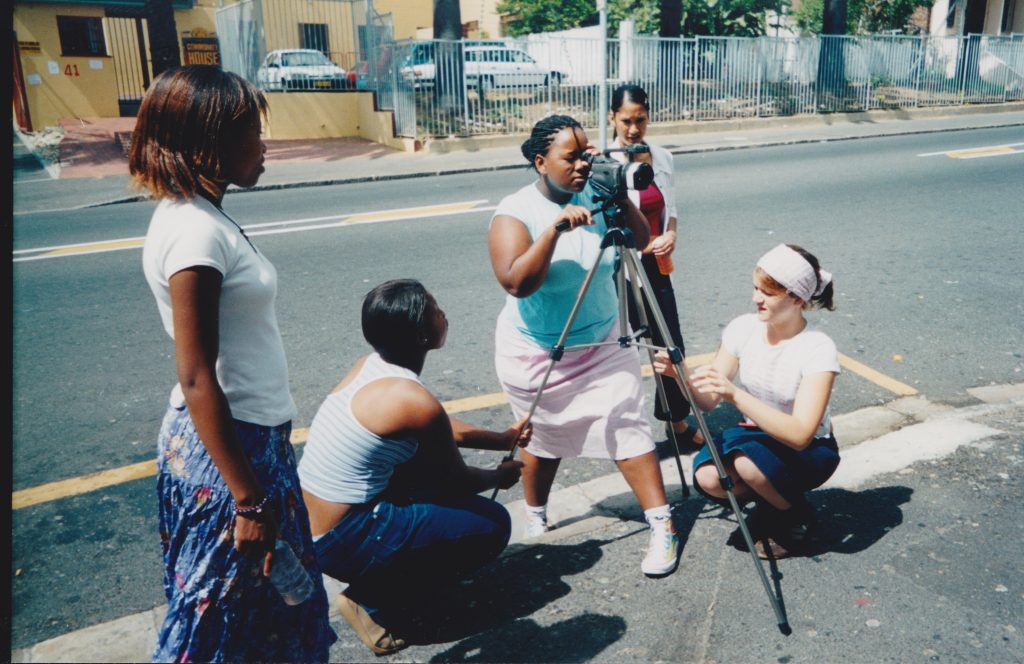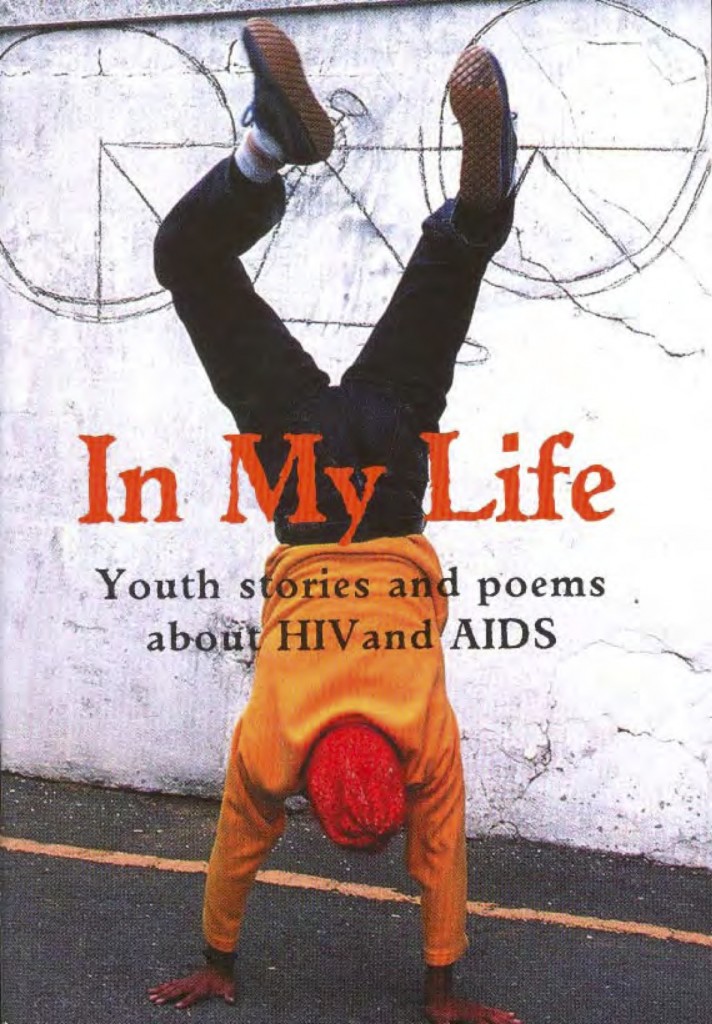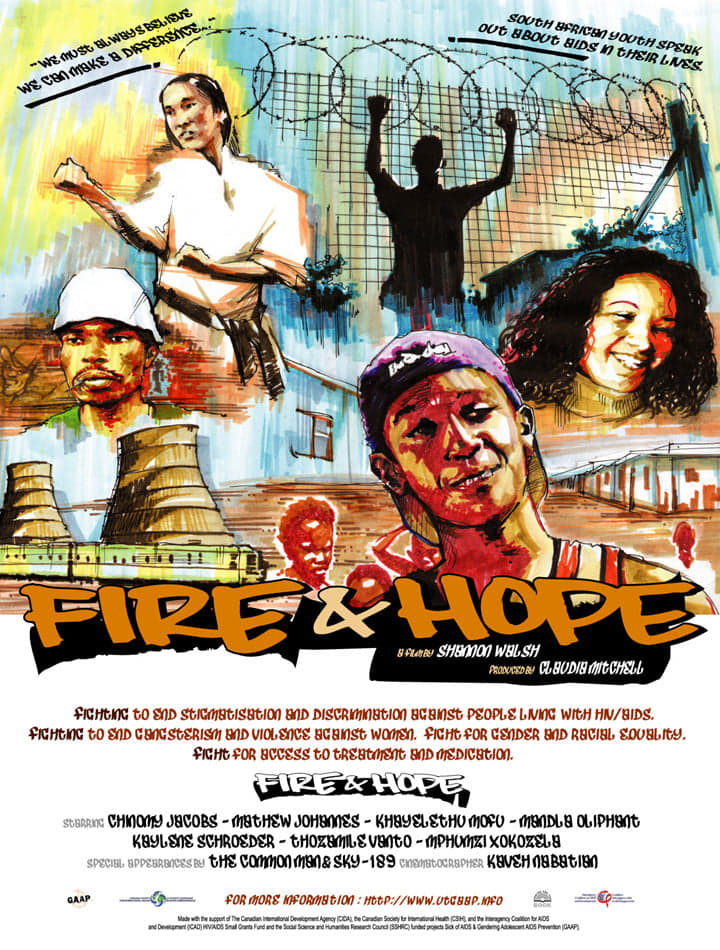TRANSFORM: Engaging with Young People for Social Change

Awarded by the Social Sciences and Humanities Research Council, our partnership draws together more than 40 co-investigators and collaborators, 16 universities (involving 19 centres, labs, studios, and institutes), 10 partner organizations and hundreds of young people including those at field sites in Africa (Nigeria, Sierra Leone, South Africa), Latin America (Argentina, Mexico), and South Asia (India).
Gender inequalities and discrimination persist glaringly around the globe with gender-based violence standing out as one of the most widespread human rights violations. And as the world’s largest youth population ever, young people are key players in local and transnational work to address gender equality. This need for urgent action is driving TRANSFORM: Engaging with Young People for Social Change. TRANSFORM aims to support youth-led interventions to study how young people experience, envision, and enact gender transformation, using a variety of art forms (photography, film making and cellphilming, performance art, and textile production). TRANSFORM’s participants will explore gender norms in relation to issues that matter most to them, including gender-based violence, climate justice, and 2SLGBTQIA+ activism).
TRANSFORM Co-directors: Claudia Mitchell, (McGill University), Relebohile Moletsane (University of KwaZulu-Natal), Shannon Walsh (University of British Columbia), and Lisa Starr (University of Lethbridge). TRANSFORM research and administration team : Jen Thompson, Angela MacDonald, Emilia Vera Romero.
Documentary, Arts-Based Methods, and Social Justice (DocUBC)
 The Documentary, Arts-Based Methods and Social Justice (DocUBC) cluster brings together a range of scholars, artists and students working on documentary, visual and arts-based methodologies for social change. DocUBC aims to deepen ties between documentary filmmakers and an interdisciplinary set of scholars and practitioners working with visual and arts-based methodologies.
The Documentary, Arts-Based Methods and Social Justice (DocUBC) cluster brings together a range of scholars, artists and students working on documentary, visual and arts-based methodologies for social change. DocUBC aims to deepen ties between documentary filmmakers and an interdisciplinary set of scholars and practitioners working with visual and arts-based methodologies.
DocUBC is hosted at UBC Vancouver, which is located on the traditional, ancestral, and unceded territory of the Musqueam people. The land it is situated on has always been a place of learning for the Musqueam, who for millennia have passed on their culture, history, and traditions from one generation to the next on this site.

In My Life: Following Young AIDS Activists Over Time
Educational research using visual methods has transformative potential, yet structural violence, poverty and other factors can inhibit the possibilities of positive life-long impacts for participants. In response, longitudinal perspectives that focus on life events through time can give researchers a better understanding of how educational work is effected as participants intersect with the communities and societies in which they live. (Mitchell 2014; Walsh 2013; Weller & Shirani 2010; Neale 2010). While these insights can be valuable into developing more effective programs, it is increasingly difficult for educational research to have the resources, or time, to conduct such long-term qualitative work.
This study addresses this gap, through a longitudinal analysis of an educational research project in which we followed participants from teenagers to adults over the past 18 years. Critically, the study explores the following questions: In what ways do experiences with educational, arts-based research around HIV prevention remain with participants over their transition to adulthood? What are the limits, and potentials, of such educational projects? How do issues of gender, class, and race intersect with interventionist education initiatives? What can we learn from taking a longitudinal approach to research on HIV education that can help improve long-term outcomes? This study draws on research started in 2002.
Soon to be released book and short film.




